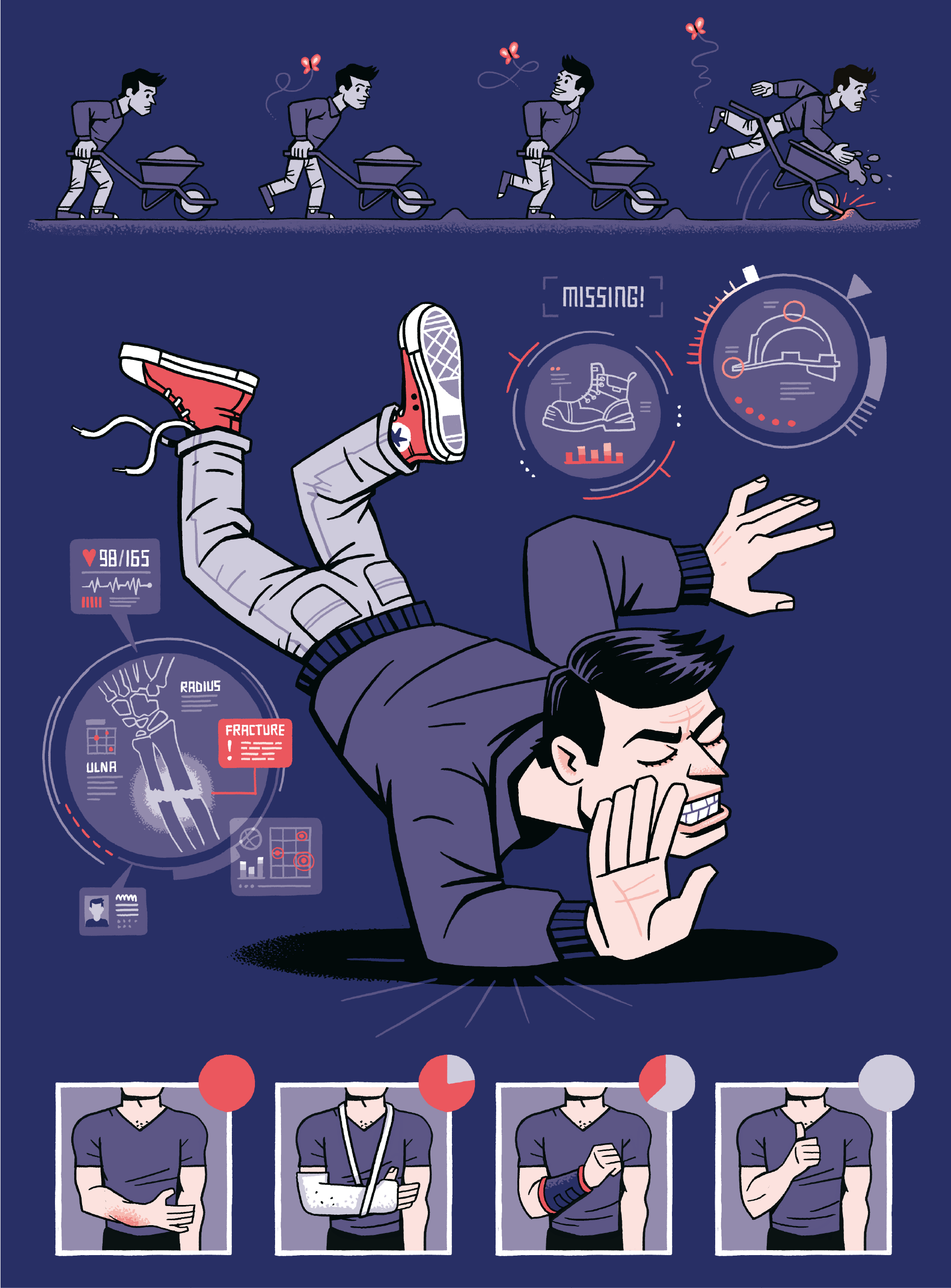Project Title: ARTIFICIAL INTELLIGENCE FOR MANAGING WORKPLACE SAFETY
Acronym: AI4WorkplaceSafety
PI: Dr Arso Vukićević, research associate, Faculty of Engineering, University of Kragujevac
SRO’s: Faculty of Engineering, University of Kragujevac; Faculty of Organizational Sciences, University of Belgrade; Faculty of Medicine, University of Belgrade
Musculoskeletal disorder, and workplace injuries in general, represent a major cause of absence from work worldwide, resulting in large costs for the economy and health care system. According to the safety reports, one of the main causes of accidents at work is non-use of personal protective equipment and improper performance of repetitive work activities – the prevention of which requires objective and timely detection of unsafe actions of workers. The current practice of manual reporting and supervision of workers has proven to be inefficient in the manufacturing industry, especially if hall sizes and the number of workers in factories are taken into account.
Therefore, the goal of the AI4WorkplaceSafety project is to automate the detection and monitoring of previous workplace injuries using artificial intelligence algorithms. The focus of this project will be on the work task of load transport by a cart, which was chosen as representative because in practice it often causes musculoskeletal injuries and is represented in all areas of industry.
Automatic detection of injuries precursors will significantly reduce the efforts and costs of both workplace safety management and the health system – while the objectivity of reporting will increase significantly. Apart from manufacturing (which employs the majority of the labour force in Serbia), the results of the project could also find application in ergonomics, sports, health, etc.
PROJECT OBJECTIVE: The goal of this project is to automate the detection and monitoring workplace injuries precursor using artificial intelligence algorithms.
METHODOLOGY: The theoretical concept includes a series of successive modules in which various algorithms for detection, verification and deep learning will be developed and used.
EXPECTED RESULTS: Researchers expect that the development of artificial intelligence algorithms will enable practical application of the concepts of physical and neuro-ergonomics to improve workplace safety and health.

Illustration: Nikola Korac


